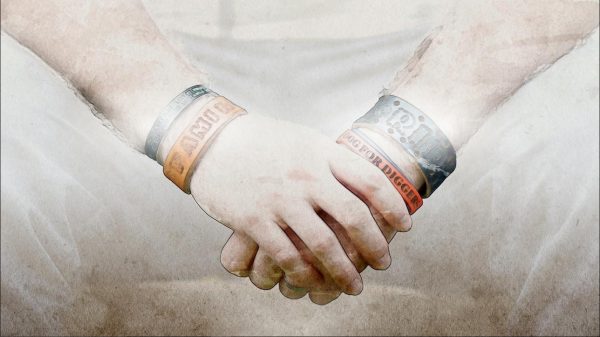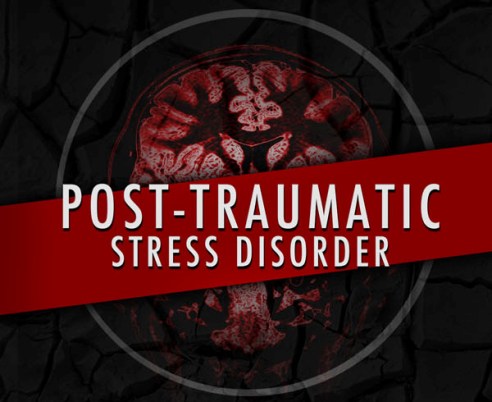Traumatic Incident Reduction
Avoiding Relapse after a Traumatic Injury
by Lisa Smith
As many people will tell you, recovering from addiction is not a marathon, but a sprint. This applies doubly when you consider the fact that for many people, the recovery never ends. It’s theorized that over 85% of all individuals who go into recovery end up having some sort of relapse within a year of following treatment. There can be a variety of reasons for this—some that are happenstance and others that you can work to avoid. In either case, knowing what opportunities have the greatest potential for relapse is the best way to make sure that you are prepared.
What Leads to Relapse?
The best way to treat relapse for addiction is to treat it like relapse for any other disease or medical condition. Try to avoid acting like you’ve made a horrible mistake and are a failure and instead taking a more removed look at things. If you relapsed for something like chronic pain, for example, you would just say that your treatment program didn’t work and needed to be adjusted. While it may be hard at first, take the same stance with your addiction.
A lot of the time, this may mean removing yourself from situations that lead to you indulging in the past. This can go to avoiding some old hangout spots to even distancing yourself from friends and family that may have enabled your addiction. This can be a difficult change to make, which is why you should also be looking for new ways to enjoy yourself and interact with people that don’t involve alcohol or drugs. Balance is key.
Dealing with Traumatic Injuries
This can often be compounded when we talk about people who are trying to recover from injuries but have a history of addiction. This can be extremely difficult because many of the common painkillers we see are opioids, something that a lot of people struggle with addiction to, especially in recent years. If you do have an injury or surgical procedure and are worried about relapse on painkillers or something similar, it may be a good idea to have someone hold onto your pills and watch you administer them. Even if you have had a good history with self-restraint, it may actually cause you less stress to have the opportunity for relapse out of your hands rather than feeling that you are constantly forced to hold yourself back.
One thing that we should also mention is that there are certain injuries and accidents that have a toll that you don’t always see. According to the Sacramento traumatic brain injury lawyers at Amerio Law, “medical treatments for traumatic brain injuries can be very lengthy and expensive. As a result, you may be unable to hold employment if you have been injured, leaving you without income. This unfortunate series of events can trigger additional stress that will only prolong your healing process.” In addition, this can have long-term effects even after you start recovering, such as PTSD. Combine these factors together, and it’s much easier to fall into a relapse in these stressful circumstances.
PTSD following a traumatic accident or injury can manifest in a variety of different ways, from anxiety at the scene of the accident to having issues performing the activity that led to the accident. For example, someone who had a traumatic incident on the road may suddenly feel unnatural anxiety whenever they have to drive, even if it’s not close to the scene of the accident at all. In addition, there are often cognitive issues like headaches, dizzy feelings, and trouble sleeping. Everyone experiences these issues differently, but it may not be a bad idea to see a doctor if you’ve had an accident, got basic treatment, but think this may be happening after the fact. Equally important is seeing mental health professionals if you are thinking of using your former addiction to try and “cope” with your new struggle.
A traumatic injury is already a difficult issue for anyone. Not only is there the lasting—sometimes life-long physical effects of such an injury, but also the lasting mental issues, which can lead to situations like PTSD and the like. For many people, this only serves to make difficult situations worse, especially those in recovery. Being in a compromised state of mental health is a common precursor to relapse, but that doesn’t mean it is inevitable. Keeping a regular focus on your mental state and leaning on all the resources available to you is the best course of action as you try to move forward.
About the Author
Lisa Smith is a fitness freak as well as a health adviser. Finally, she decided to share her experience through health and fitness blog writing so that it can help the other readers around the world. She basically writes to spread the health consciousness among the audience.







